A VPN (virtual private network) keeps your online activity private, secure, and harder to trace. By encrypting your internet connection and masking your IP address, it helps protect your data from hackers, advertisers, and snoops — letting you go online on your terms.

The VPN knowledge center
Online privacy has never mattered more. A VPN can protect your data, shield your location, and give you greater freedom online — whether you’re on public Wi-Fi, streaming abroad, or working remotely. Explore essential articles to understand how VPNs work, when to use them, and how Norton VPN keeps you more secure.
What does a VPN do?
How to get the most from a VPN
You should always use a VPN whenever you connect to public Wi-Fi, shop or bank online, or want more privacy from advertisers and trackers. But to enjoy the full benefits of a VPN, it’s best to keep it running whenever you’re online. Then, switch locations to browse like a local anywhere, and practice smart browsing habits to keep your data locked down.
Must-read VPN articles
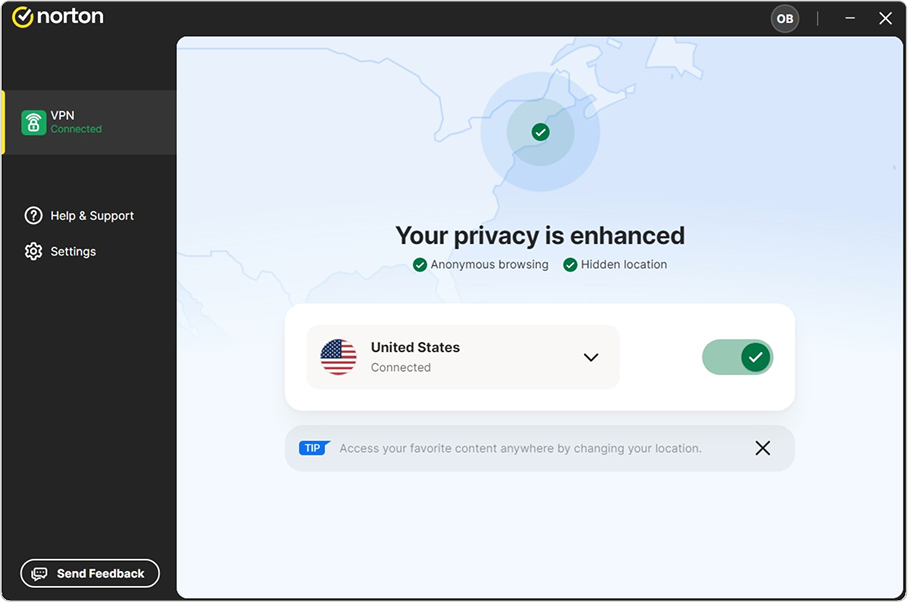
Get a Norton VPN free trial
Protect your connection and privacy anywhere with Norton VPN — fast, secure, and free to try.
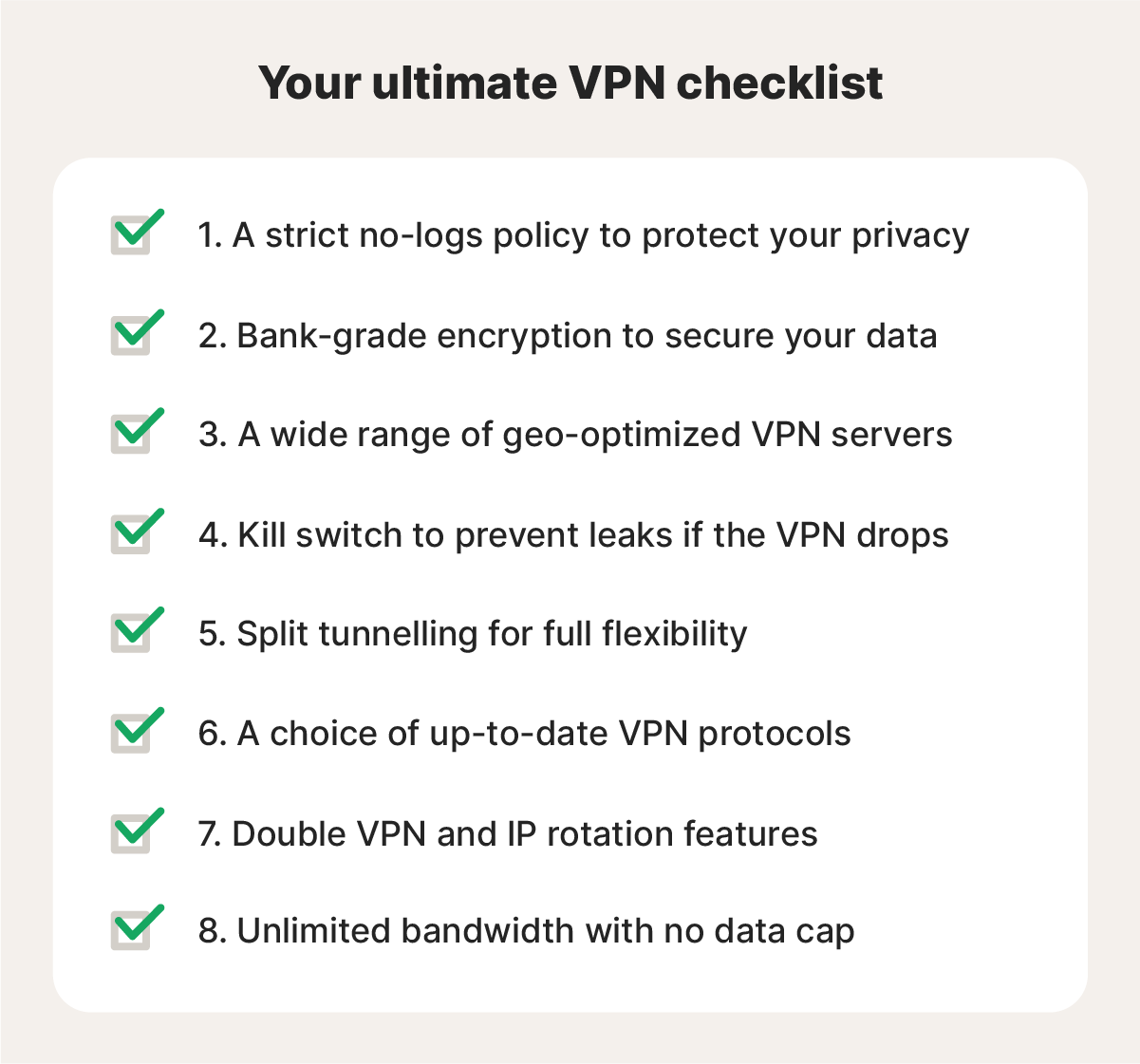
How to choose a VPN
Not all VPNs offer the same level of protection. The right choice keeps your data private, your browsing secure, and your experience smooth — without selling your information or slowing you down. Use this checklist to make sure your VPN has all the essential features for real privacy and reliability.
Spotlight on VPN features

Split tunneling: What is it, how does it work, and is it secure?
Learn more, stay safer
Expand your online safety know-how.
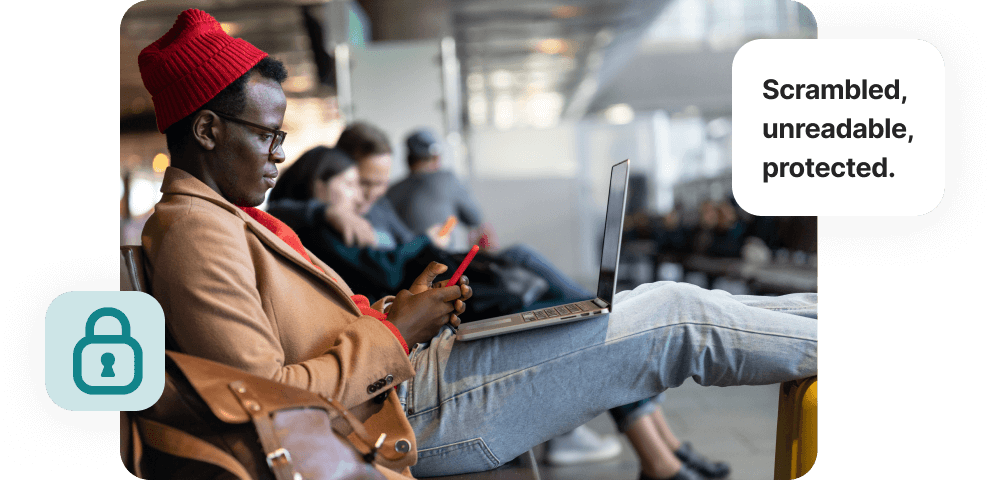
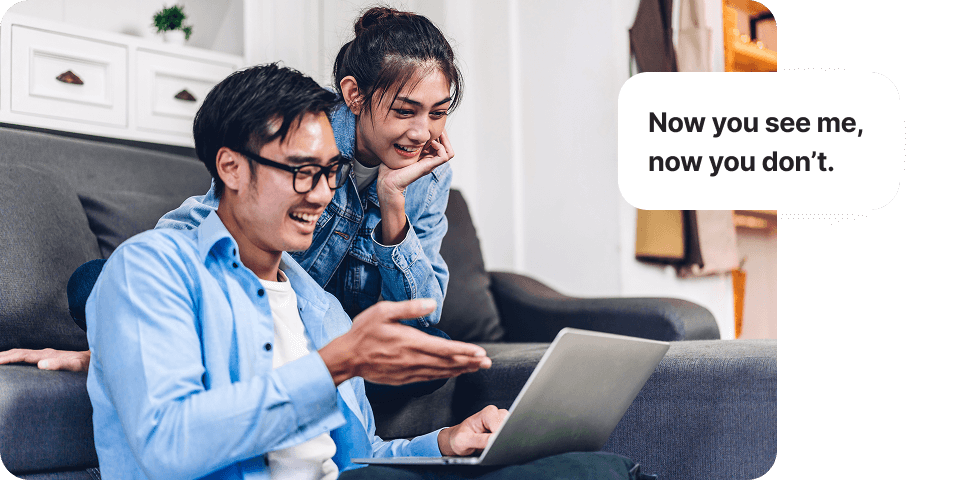
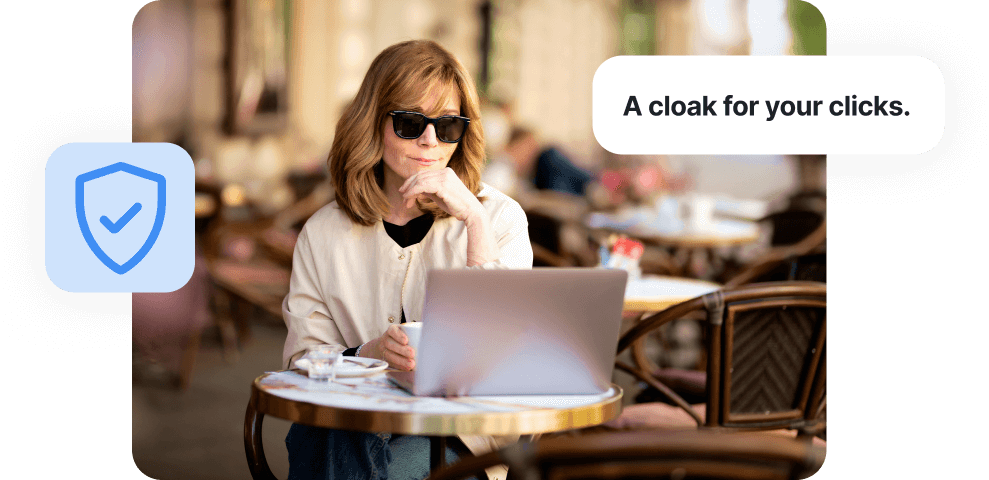
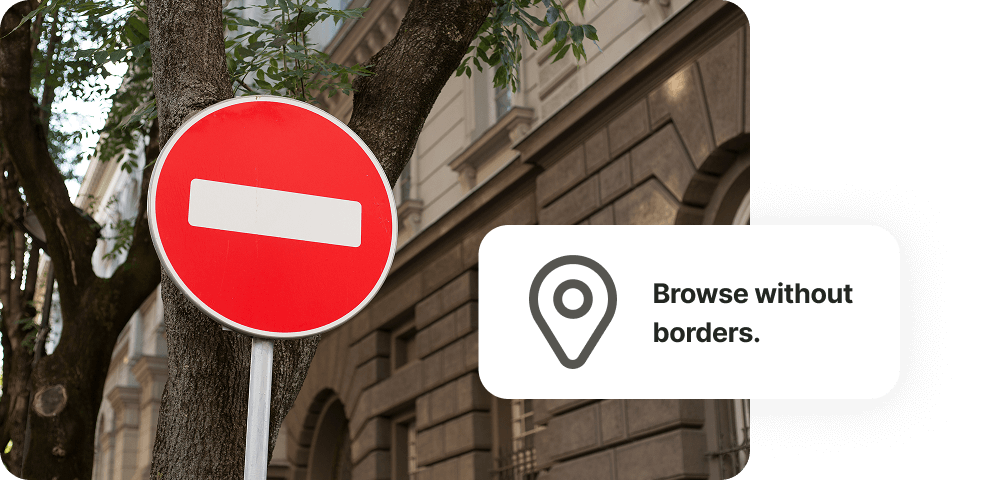



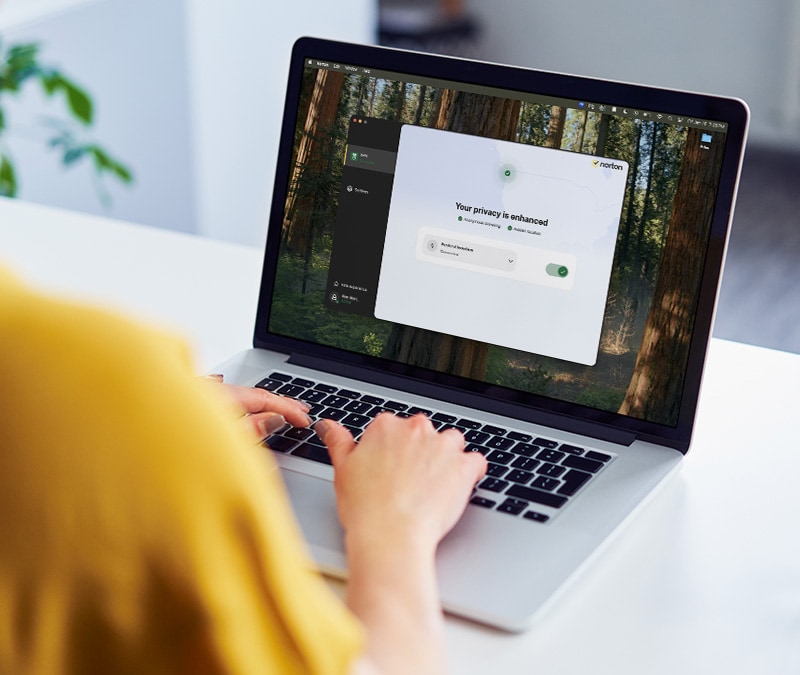

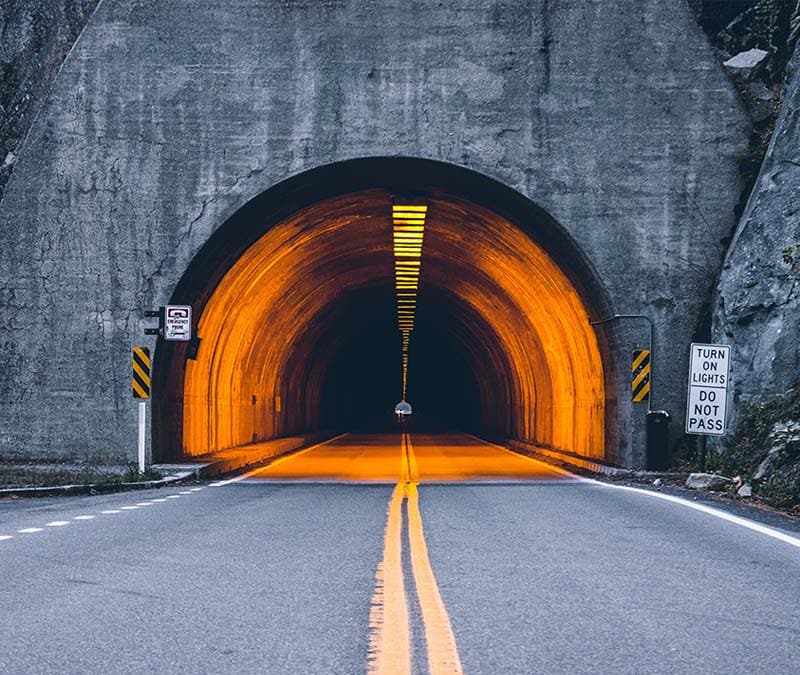

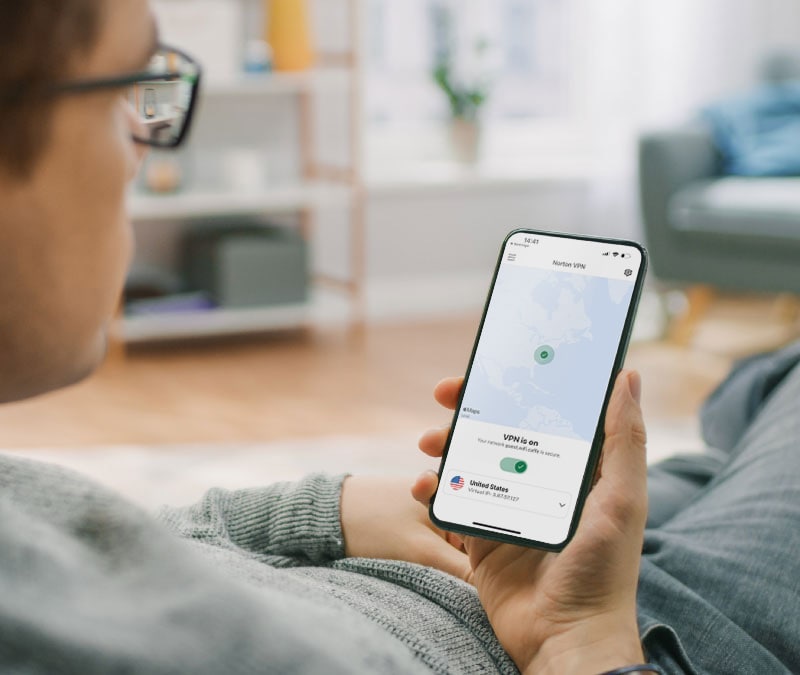
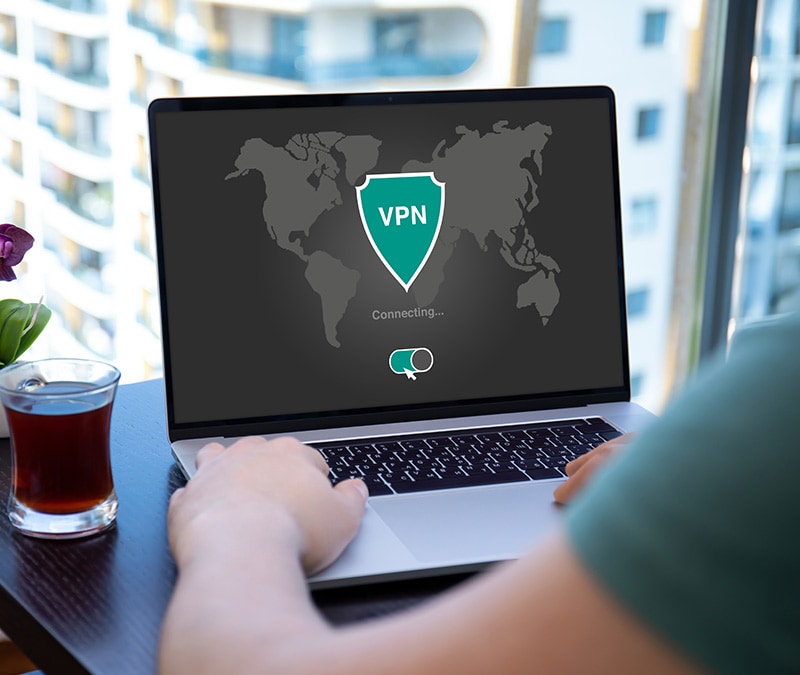
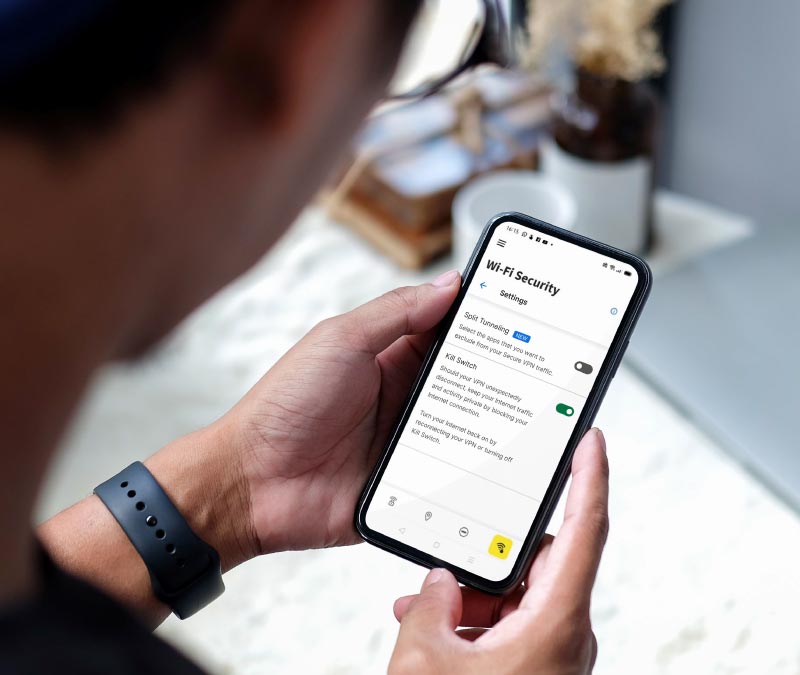



Want more?
Follow us for all the latest news, tips, and updates.